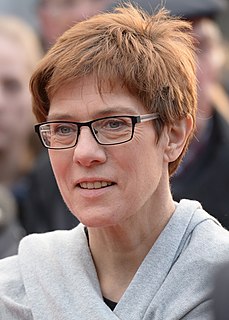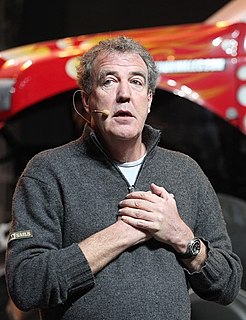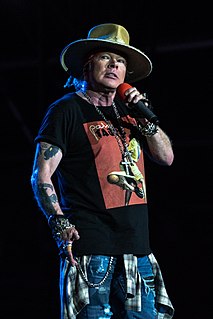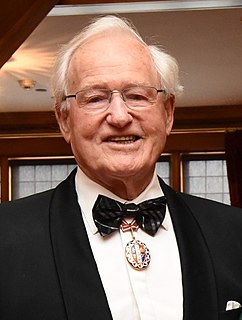A Quote by David Starkey
The notion that you can duff up a country for three months, pacify it for a bit longer and then miraculously transform it into a liberal democracy is just ludicrous. You might achieve some kind of democracy: it's the liberal bit I take issue with.
Related Quotes
I think if you're a liberal, you believe that we all are, at least to some extent, our brothers' keepers, you really believe that we have a sumptuary responsibility to make sure that life is decent for everybody in America, that you believe that society out to be broadly shared, and you believe that you can't have a real democracy unless you have a little bit, at least, of economic democracy.
The fact is that Britain is the most warlike nation on earth. In the history of armed combat, we are the only democracy to have declared war on another democracy - England versus Finland in the second world war, in case you're interested - and we're always at the front of the queue when Johnny Foreigner gets a bit uppity. Who stood up to the Kaiser? Who stood up to Adolf? And let's not forget the Argies. What other country would have sent its fleet halfway round the world and lost 250 men to protect a flock of sheep and some oil that might or might not be there? We're still at it.
I call government that works the best for people open society, which is basically just another more general term for a democracy that is - you call it maybe a liberal democracy. It's not only majority rule but also respect for minorities and minority opinions and the rule of law. So it's really a sort of institutional democracy.
I think the more you have a generalist perspective, I think sometimes the more you can kind of see through the forest and the trees. And when it gets a little bit cloudy, you know, have some sense of, "Well, maybe this might happen or maybe that might happen." So I really am a big believer in liberal arts education. I think it's better - particularly in these kind of uncertain times - to know a little bit about a lot of things as opposed to being expert in one thing.
'Chinese Democracy' wasn't trying to tell China to have a democracy or anything like that. I don't have an opinion on what kind of government they should have. My thing is, I went to stay there for about three months, and everywhere I went, the people are so shielded from what's going on in the world.
Everybody knows that there's a liberal, that there's a heavy liberal persuasion among correspondents.....Anybody who has to live with the people, who covers police stations, covers county courts, brought up that way, has to have a degree of humanity that people who do not have that exposure don't have, and some people interpret that to be liberal. It's not a liberal, it's humanitarian and that's a vastly different thing.








































